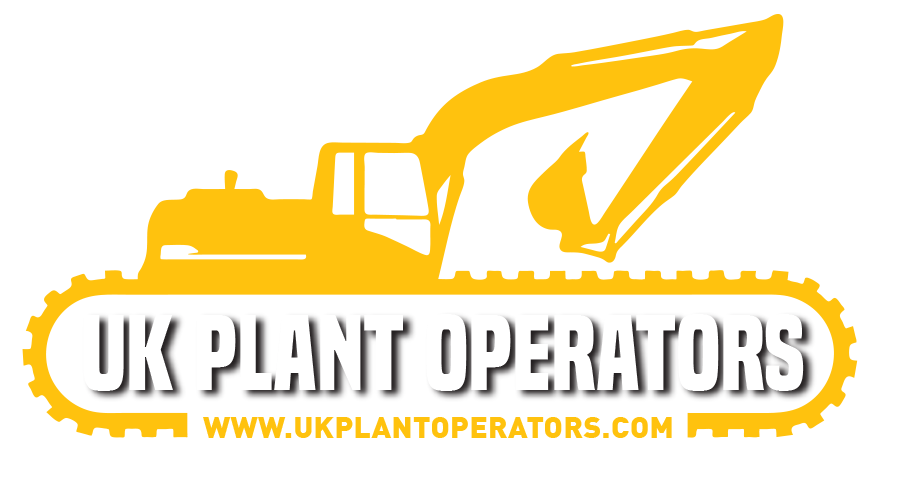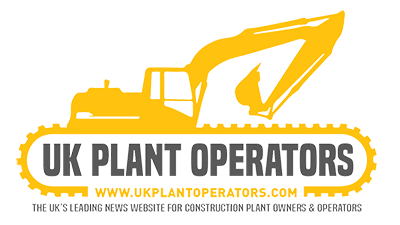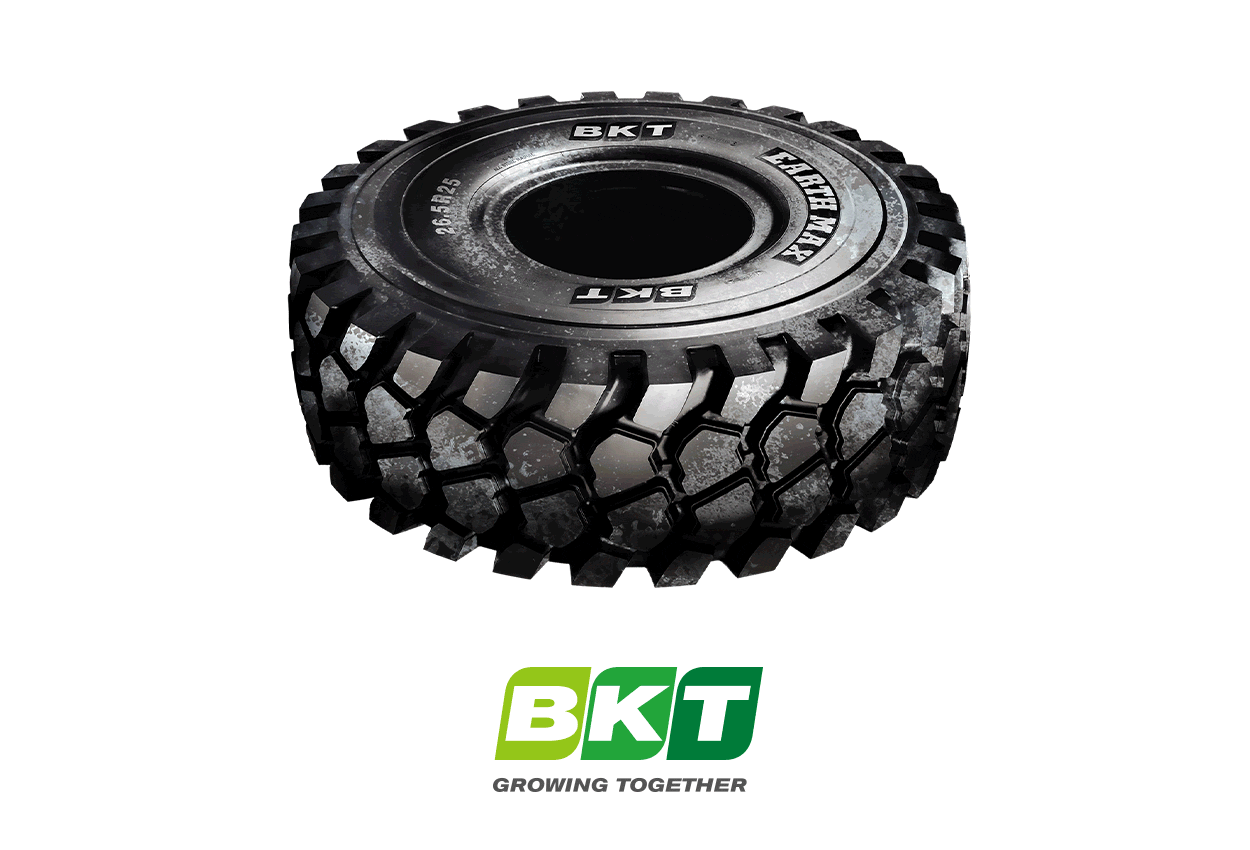![]()
Zero emission series* by the Wacker Neuson Group receives the TÜV Austria seal.
Since 2015, the Wacker Neuson Group has continually expanded its range of electric-powered construction machines and equipment in the zero emission range, the use of which can save up to 93 percent of CO2 emissions compared to conventionally powered models. The specified reduction in CO2 has now been certified by TÜV Austria and was awarded the seal.
The need for emission-free machines is continually growing. Reasons for this are, on the one hand, the requirements for CO2 emissions becoming stricter, but also the sound levels on construction sites, for example in the inner city. In addition, environment and operator protection plays an important role. With its zero emission line, the Wacker Neuson Group offers its customers a solution for applications in environments sensitive to exhaust emissions and noise.“ Our electric machine line is called ‘zero emission’ because, when in use on the construction site or on farms, the machines and equipment are free of exhaust emissions,” explains Alexander Greschner, Sales Director of the Wacker Neuson Group. “At the same time, we want to become more transparent and support our customers in evaluating their carbon footprint. We looked at CO2 emissions over the entire product lifetime, and TÜV Austria has now certified the values we determined and confirmed them with a seal.”
There are 15 different products for construction and agriculture in the Wacker Neuson Group’s zero emission portfolio, including vibratory rammers and vibratory plates for soil and asphalt compaction, an internal vibrator system for concrete consolidation, excavators, wheel and track dumpers, and wheel loaders. The certification by TÜV Austria confirms: up to 93 percent of CO2 emissions, direct and indirect, can be saved over the entire product lifetime during operation cycle, including battery production and energy generation (based on an EU mix), compared to a conventional product of the same class.
“With CO2 savings of up to 93 percent, our zero emission series makes a valuable contribution to achieving climate goals,” adds Alexander Greschner. “For our customers, however, there are also totally specific cost advantages: in many countries, using electric machines can save on a CO2 tax that is otherwise incurred. Other states actively support the application of electric construction machines and equipment with awards or preference for tenders from those participants who can ensure lower CO2 emissions.” Moreover, there are other advantages: electric motors are significantly more efficient than combustion engines and extremely low-maintenance. This reduces energy and operating costs, and the higher price at procurement is amortized quickly.
Even operators and the immediate surroundings of the construction site benefit from the application of zero emission solutions: they are less stressed, as the machines work very quietly – apart from the sound of the compaction process itself, the electric machines cause very little noise pollution. On the electric Wacker Neuson wheel dumper DW15e, for example, sound levels were reduced by more than 20 decibels to 60 decibels dB(A)** in comparison with a conventional model, which is roughly equivalent to normal room volume. Moreover, no soil contamination occurs, e.g. when filling the tank, which is a big advantage, for example, in water protection areas. Operating zero emission machines is easy and intuitive, and full performance is immediately available – for a whole average workday long, without recharging.























